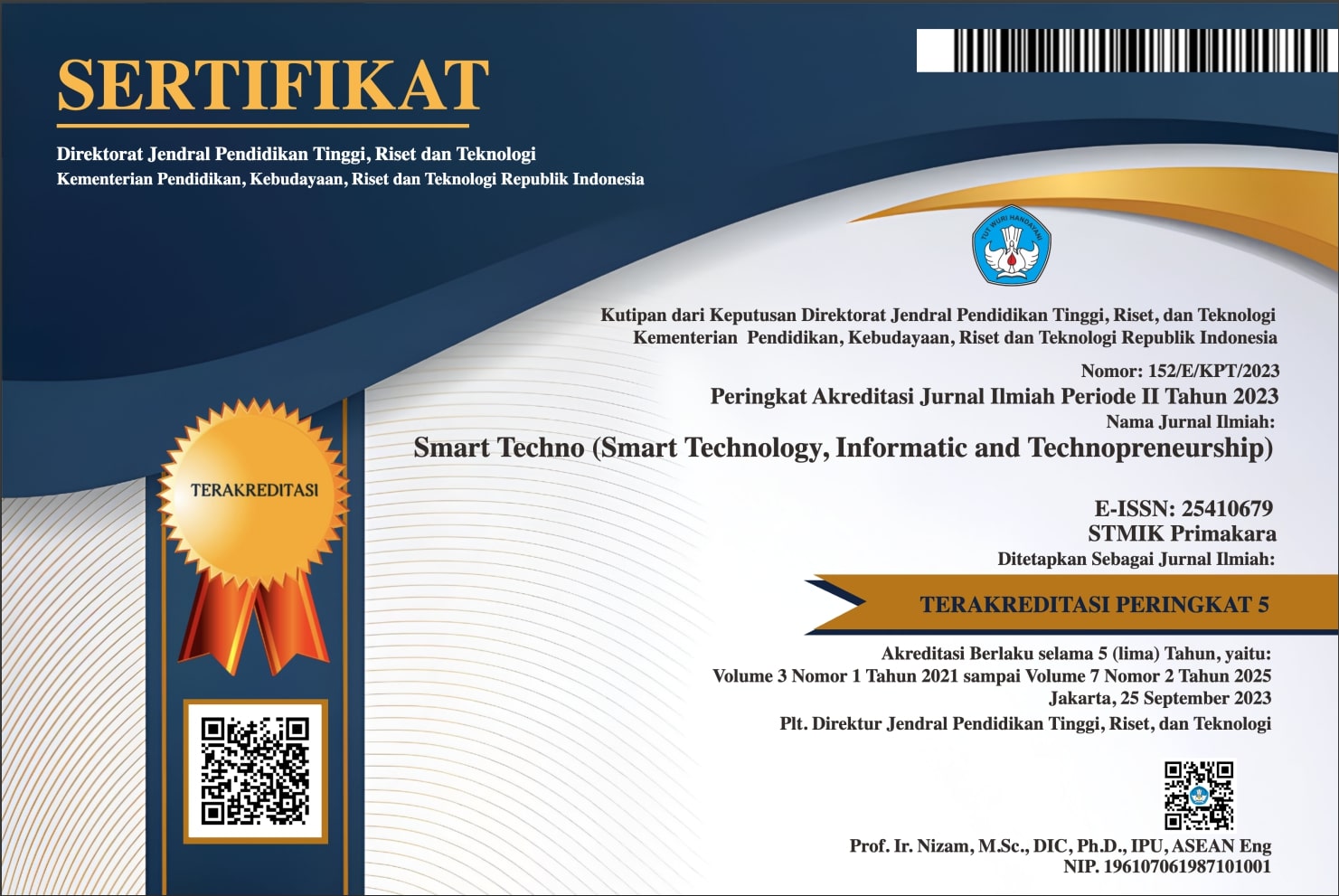Digital Marketing Strategy of Threads of Life Ubud in the Context of Local Culture
Abstract
This study aims to identify and analyze digital marketing strategies based on local culture in creative MSMEs, with a case study focus on Threads of Life in Bali. The background of the research is rooted in the significant role of creative MSMEs in the regional economy, particularly in Bali, which possesses rich cultural heritage as a primary resource. However, in the digital era, business actors face challenges such as limited digital literacy, resource constraints, and the need to preserve cultural authenticity in global marketing. The method used is a Systematic Literature Review (SLR) consisting of planning, literature searches in reputable databases (Scopus, Web of Science, Sinta, Google Scholar), study selection based on inclusion–exclusion criteria, data extraction, and content analysis to identify relevant strategy patterns. The findings reveal that Threads of Life successfully utilizes social media platforms such as Instagram and Facebook, as well as its official website, to develop brand storytelling that emphasizes traditional weaving, sustainability, and community empowerment. The integration of local cultural values such as mutual cooperation (gotong royong) and heritage preservation strengthens brand image and competitiveness in the global market. This study contributes novelty by combining perspectives of digital marketing, cultural preservation, and the creative industry within a single analytical framework. Research recommendations include expanding digital collaborations, developing interactive content, and strengthening sustainability narratives to enhance consumer engagement. These findings are relevant as strategic references for culture-based creative MSMEs seeking to optimize digital marketing without losing their local identity.
Downloads
References
Ardiansyah, M., Pradana, A., & Wulandari, T. (2021). Storytelling as a marketing strategy for creative SMEs in Indonesia. Journal of Business and Communication, 8(2), 102–115. https://doi.org/10.21632/jbc.v8i2.473
Balsiger, J., & Lorenz, L. (2021). Cultural heritage in the digital age: Marketing strategies for traditional crafts. Journal of Cultural Economics, 45(4), 627–645. https://doi.org/10.1007/s10824-021-09414-6
Iglesias, O., Ind, N., & Schultz, M. (2020). History matters: The role of history in corporate brand strategy. Business Horizons, 63(1), 51–60. https://doi.org/10.1016/j.bushor.2019.09.005
Kotler, P., Kartajaya, H., & Setiawan, I. (2021). Marketing 5.0: Technology for humanity. John Wiley & Sons.
Kurniawan, B., & Nugroho, H. (2020). Digital marketing adoption by SMEs: Opportunities and challenges. International Journal of Entrepreneurship and Small Business, 41(3), 347–365. https://doi.org/10.1504/IJESB.2020.108750
Pulker, C. E., Trapp, G. S. A., & Scott, J. A. (2022). Global and local: The role of authenticity in food marketing. Appetite, 168, 105757. https://doi.org/10.1016/j.appet.2021.105757
Saputra, A. P., Wirawan, I. M. A., & Dewi, N. K. (2024). Digital upskilling for SMEs: Enhancing marketing skills in Bali’s creative economy sector. International Journal of Emerging Technologies in Learning (iJET), 19(4), 45–57. https://doi.org/10.3991/ijet.v19i04.39985
Sudiartana, I. M., & Narayani, A. A. (2024). Analisis literasi digital pada pelaku UMKM kreatif di Bali: Tantangan dan peluang. Jurnal Ekonomi dan Bisnis Kreatif, 6(1), 23–34. https://doi.org/10.24843/jebk.2024.v06.i01.p03
Sukmana, R., & Putri, A. (2019). The role of SMEs in Indonesian economic growth. Jurnal Ekonomi dan Pembangunan Indonesia, 20(1), 57–68. https://doi.org/10.21002/jepi.v20i1.1030
Suryani, N. M., & Wijaya, A. (2022). Storytelling in promoting cultural heritage products through social media. Journal of Tourism and Cultural Heritage Marketing, 14(2), 211–224. https://doi.org/10.1108/JTCHM-07-2021-0087
Wijaya, I. G. A. P., & Dewi, L. P. (2021). Cultural-based branding strategy for Balinese SMEs in the digital era. Journal of Asian Business and Economic Studies, 28(3), 215–230. https://doi.org/10.1108/JABES-02-2021-0023
Copyright (c) 2025 A.A. Gde Agung Nanda Perwira

This work is licensed under a Creative Commons Attribution 4.0 International License.
Authors who publish with the Smart Techno agree to the following terms:
- Authors retain copyright and grant the journal the right of first publication with the work simultaneously licensed under a Creative Commons Attribution License (CC BY-SA 4.0) that allows others to share the work with an acknowledgment of the work's authorship and initial publication in this journal.
- Authors are able to enter into separate, additional contractual arrangements for the non-exclusive distribution of the journal's published version of the work (e.g., post it to an institutional repository or publish it in a book), with an acknowledgment of its initial publication in this journal.
- Authors are permitted and encouraged to post their work online (e.g., in institutional repositories or on their website) prior to and during the submission process, as it can lead to productive exchanges, as well as earlier and greater citation of published work. (See The Effect of Open Access)







